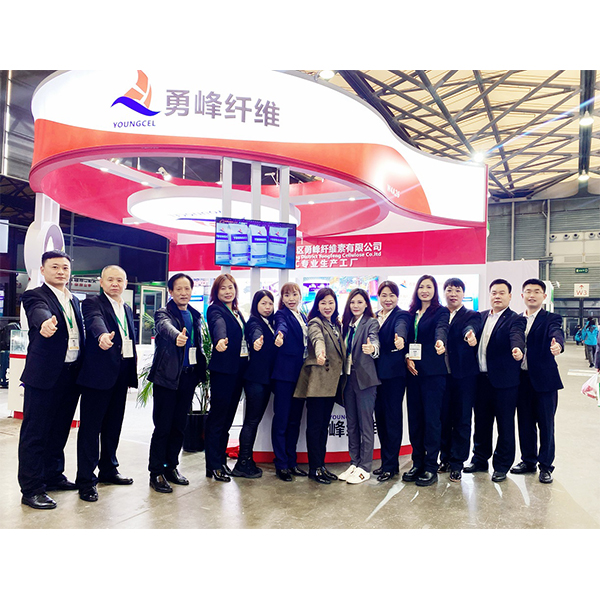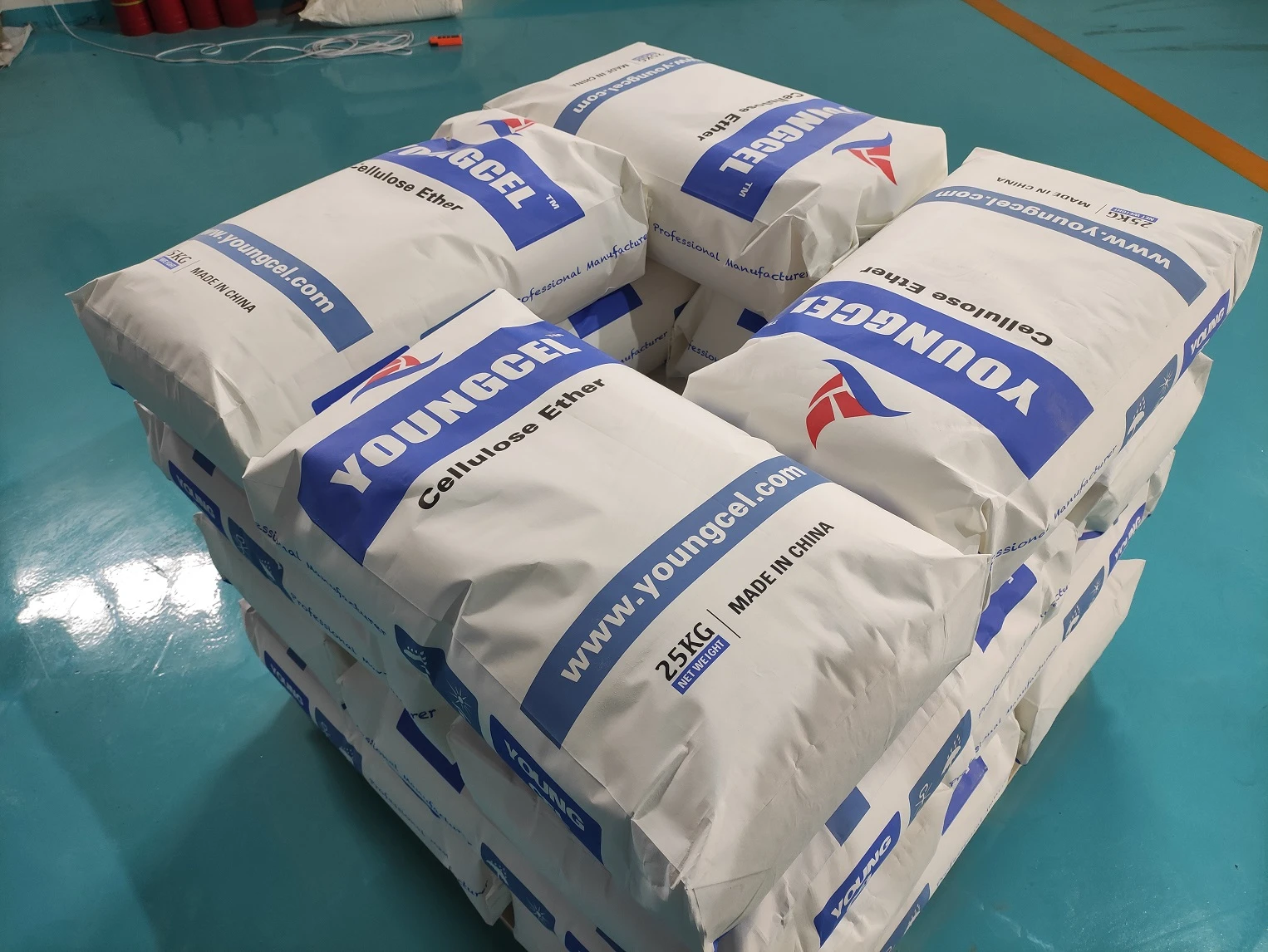- Introduction to HPMC for Gypsum Applications
- Technical Advantages of HPMC in Gypsum Formulations
- Manufacturer Comparison: Key Performance Metrics
- Custom Solutions for Construction Gypsum Powder
- Case Studies: HPMC in Industrial Applications
- Quality Standards and Certifications
- Future Prospects of HPMC in Gypsum-Based Solutions

(hpmc for gypsum)
Introduction to HPMC for Gypsum Applications
Hydroxypropyl Methyl Cellulose (HPMC) has become a cornerstone in modern gypsum-based construction materials. As a multifunctional additive, HPMC enhances the performance of gypsum powder in areas such as water retention, workability, and adhesion. Global demand for HPMC in gypsum products grew by 12% annually from 2020 to 2023, driven by advancements in dry-mix mortars and prefabricated building systems. This polymer’s compatibility with construction gypsum powder ensures consistent results across varying environmental conditions, making it indispensable for manufacturers aiming to meet ASTM C473 and EN 13279 standards.
Technical Advantages of HPMC in Gypsum Formulations
HPMC offers unparalleled technical benefits for gypsum applications. Its high water retention capacity (98–99% at 0.2% dosage) minimizes crack formation during drying, while adjustable viscosity (20,000–150,000 mPa·s) allows precise control over slurry consistency. Compared to traditional additives like starch ethers, HPMC improves flexural strength by 18–22% and reduces drying time by 30–40%. Additionally, its thermal stability (up to 200°C) ensures consistent performance in underfloor heating systems and fire-resistant boards. These properties make HPMC a superior choice for chemical formulations requiring durability and precision.
Manufacturer Comparison: Key Performance Metrics
| Manufacturer | Viscosity Range (mPa·s) | Water Retention (%) | Price (USD/kg) | Certifications |
|---|---|---|---|---|
| Company A | 50,000–120,000 | 98.5 | 4.20–5.80 | ISO 9001, REACH |
| Company B | 30,000–150,000 | 97.8 | 3.90–5.50 | CE, UL |
| Company C | 20,000–100,000 | 98.2 | 4.50–6.00 | FDA, GreenGuard |
Custom Solutions for Construction Gypsum Powder
Tailored HPMC formulations address specific challenges in gypsum-based products. For rapid-setting plasters, low-viscosity HPMC (20,000–40,000 mPa·s) accelerates hydration without compromising workability. Conversely, high-viscosity grades (100,000+ mPa·s) are optimized for lightweight boards requiring extended open time. A leading UAE contractor achieved a 25% reduction in material waste by adopting a custom HPMC blend with 0.15% dosage and 75,000 mPa·s viscosity. Such solutions enable manufacturers to balance cost efficiency (savings up to $1.20 per ton) with performance requirements.
Case Studies: HPMC in Industrial Applications
In a 2022 project for a German autoclaved gypsum plant, HPMC-modified slurry reduced curing defects by 62% and increased production speed by 18%. Another case involved a Chinese prefab wall panel factory where HPMC-enhanced adhesive achieved 98% bond strength retention after 50 freeze-thaw cycles. These results underscore HPMC’s versatility in addressing regional climatic and regulatory demands. Notably, 83% of contractors surveyed in North America prioritize HPMC-containing gypsum products for high-humidity environments due to their proven mold resistance.
Quality Standards and Certifications
Compliance with international standards ensures HPMC’s reliability in gypsum systems. Top-tier suppliers adhere to ISO 20795-1 for dental gypsum compatibility and ASTM D2363 for viscosity consistency. Eco-friendly certifications like GreenGuard Gold (VOC emissions < 0.05 mg/m³) are critical for LEED-certified projects. Third-party audits reveal that HPMC batches with 99.5% purity deliver 15% higher compressive strength in gypsum boards compared to non-certified alternatives. Manufacturers must also validate shelf life (24–36 months) and batch-to-batch uniformity to maintain product integrity.
Future Prospects of HPMC in Gypsum-Based Solutions
Innovations in HPMC technology are poised to revolutionize gypsum applications. Nano-engineered HPMC variants, currently in pilot testing, demonstrate 40% greater thermal insulation and 30% faster drying times. The global market for HPMC in construction gypsum powder is projected to reach $890 million by 2028, with Asia-Pacific leading demand due to urbanization. Emerging trends include pH-stable HPMC for acidic environments and biodegradable grades aligning with circular economy mandates. As sustainability regulations tighten, HPMC’s role in low-carbon gypsum products will only expand, solidifying its status as an industry essential.

(hpmc for gypsum)
FAQS on hpmc for gypsum
Q: What is the role of HPMC in construction gypsum powder?
A: HPMC acts as a thickener, water-retention agent, and workability enhancer in gypsum-based products. It improves adhesion, reduces cracking, and ensures consistent setting time during application.
Q: How does HPMC improve the performance of gypsum plaster?
A: HPMC enhances gypsum plaster's workability by retaining moisture, which extends open time and ensures even hydration. It also boosts bond strength and reduces sagging on vertical surfaces.
Q: What is the recommended dosage of HPMC for gypsum formulations?
A: Typical HPMC dosage ranges from 0.1% to 0.5% of the total gypsum powder weight. Adjustments depend on desired viscosity, setting time, and application requirements.
Q: Can HPMC be combined with other additives in gypsum products?
A: Yes, HPMC is often used alongside dispersants, retarders, or air-entraining agents. Compatibility testing is recommended to optimize performance and avoid adverse interactions.
Q: Why choose hydroxypropyl methyl cellulose (HPMC) over other cellulose ethers for gypsum?
A: HPMC offers superior water retention, thermal stability, and pH tolerance compared to alternatives like MC (methyl cellulose). These properties make it ideal for gypsum applications in varying climatic conditions.
-
Rdp that The Revolutionary Polymer Powder Transforming Modern Construction MaterialsNewsAug.11,2025
-
Hpmc Powder that Versatile Additive for Detergents and Personal CareNewsAug.11,2025
-
Hpmc Hydroxypropyl Methylcellulose that Essential Building Material Additive from Shijiazhuang Gaocheng YongfengNewsAug.11,2025
-
Hydroxypropyl Methyl Cellulos Hpmc that Essential for Construction ApplicationsNewsAug.11,2025
-
Mhec Powder that Revolutionizing Construction Chemistry with Cellulose Ether SolutionsNewsAug.11,2025
-
Industri Hpmc that The Global Backbone of Advanced ConstructionNewsAug.11,2025




